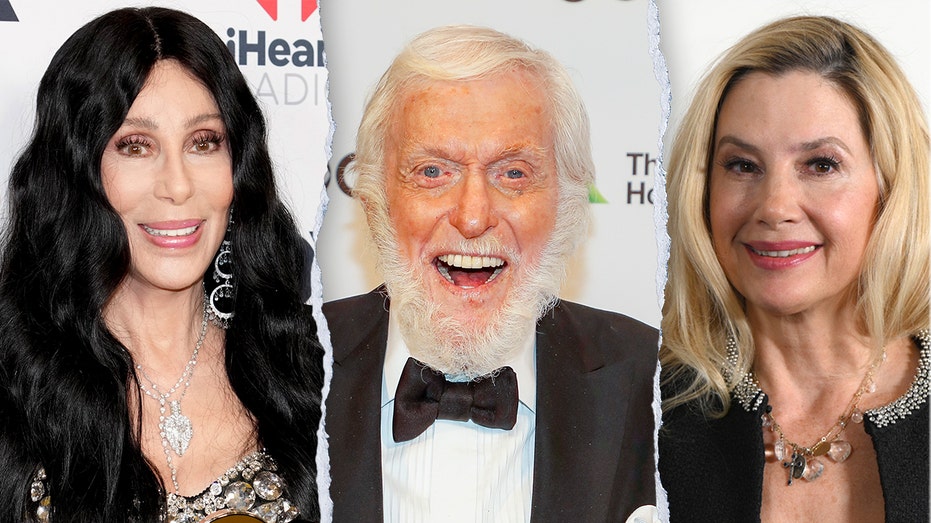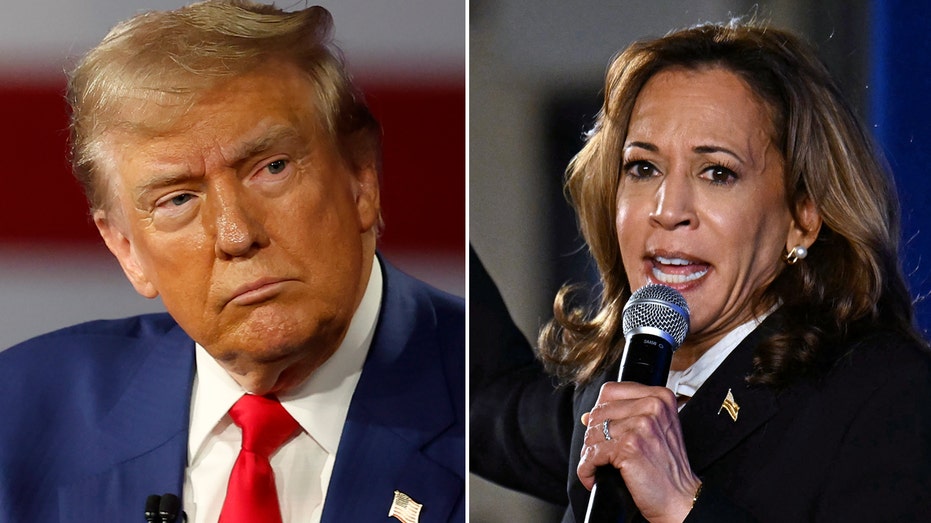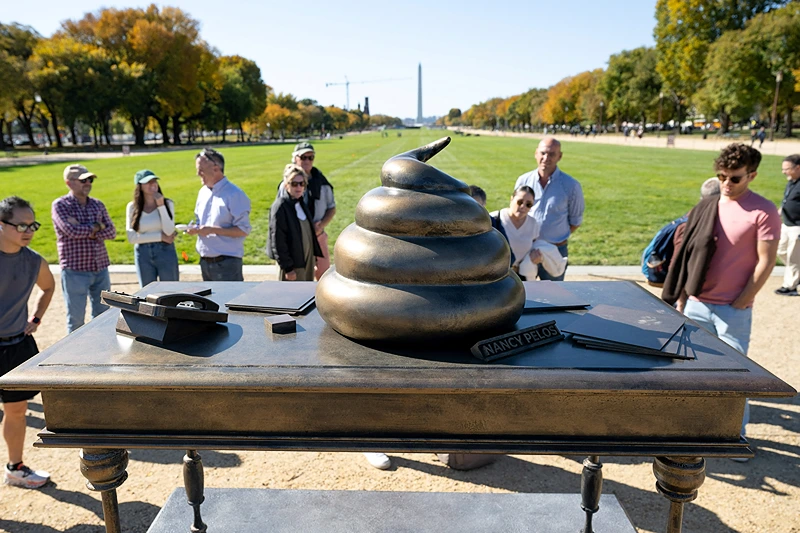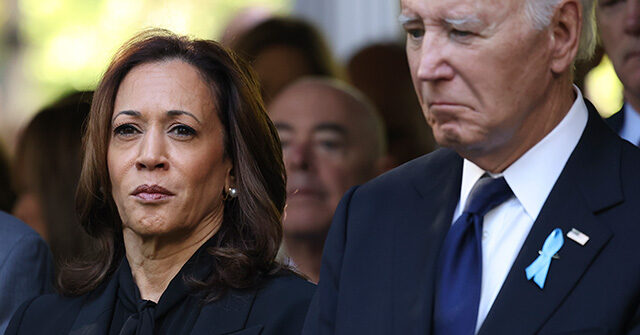NATO Disgraces Itself in Azerbaijan
The alliance is happy to turn a blind eye to the ethnic cleansing of Armenians—so long as Baku is aligned against Tehran. The post NATO Disgraces Itself in Azerbaijan appeared first on The American Conservative.
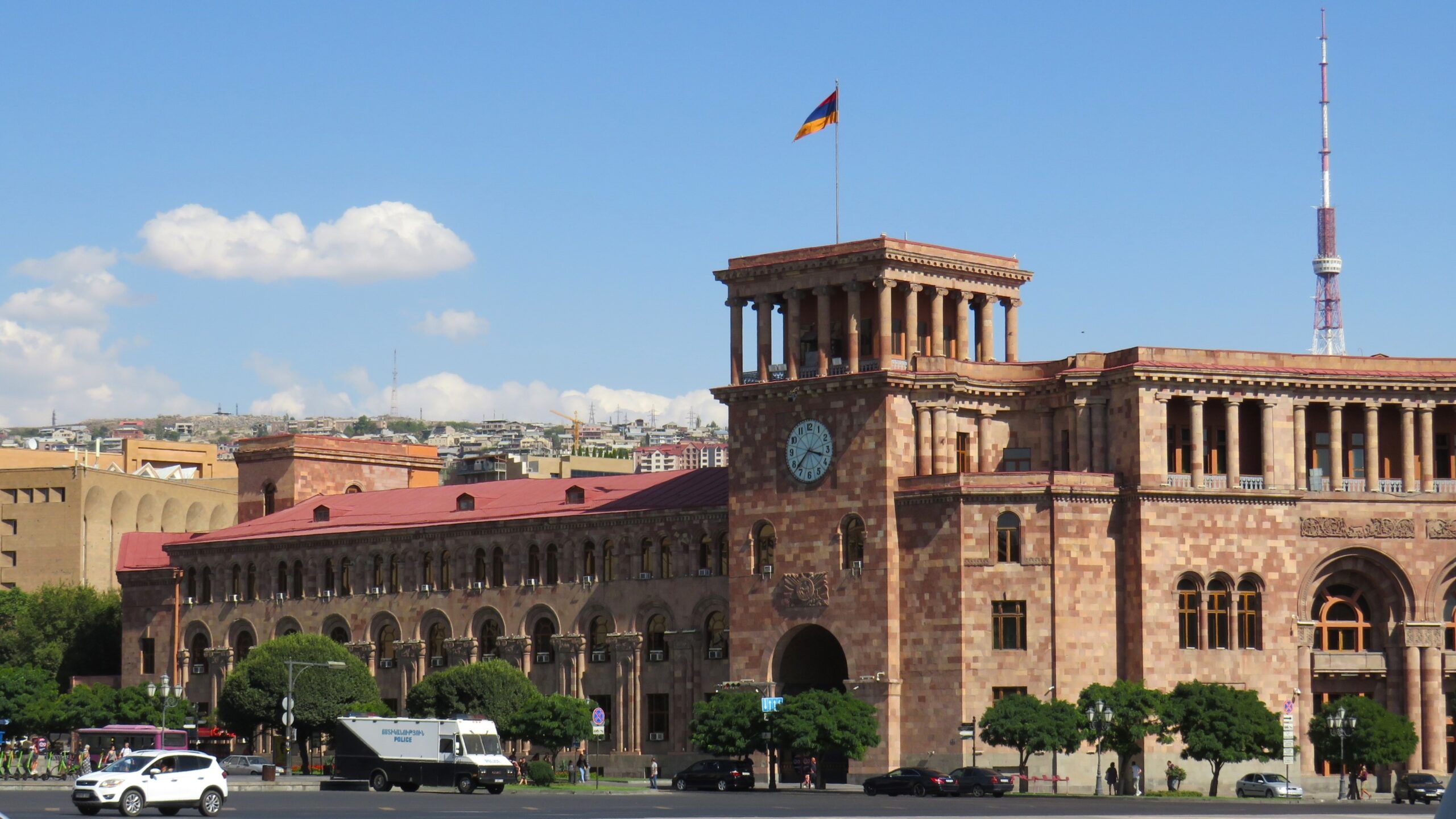
NATO Disgraces Itself in Azerbaijan
The alliance is happy to turn a blind eye to the ethnic cleansing of Armenians—so long as Baku is aligned against Tehran.

Two years ago this October, Azerbaijan committed what had been, until the Israeli rampage of the past year, among the most egregious cases of ethic cleaning since the Yugoslav wars of the 1990s, when in the matter of days its armed forces took control of the Armenian enclave Nagorno Karabakh in which 120,000 Christian Armenians were forced to flee the land which had been their home for centuries.
In the months that followed, Azerbaijan’s dictator, Ilham Aliyev, claimed that “present-day Armenia is our land.” An agreement reached between Armenia’s U.S.-backed Prime Minister Nikol Pashinyan and Aliyev ceded four Armenian villages to Azerbaijan the following April.
Fast forward to the last week of September, when the U.S. ambassador to Armenia, Kristina Kvien, attended a memorial service the Armenians who died fighting Azerbaijan. To mark the occasion, the U.S. embassy issued a statement that read, in part, that “the United States is committed to working with the Armenian government to assist those who have lost their homes and livelihood.”
Yet such sentiments are difficult to take seriously when roughly a week later NATO sent a high-level delegation to Baku to kiss Aliyev’s ring. According the contemporaneous reporting from Sergei Melkonian, a Research Fellow at the Applied Policy Research Institute of Armenia, “In just four days of October this year, Azerbaijan held two high-level meetings with NATO representatives,” including meetings between the chief of the General Staff of the Armed Forces of Azerbaijan, Karim Valiyev, and the director general of the NATO International Military Staff, Lieutenant General Janusz Adamczak, in which they discussed, according to a statement released by NATO, “a new framework for cooperation with Azerbaijan with a special focus on defense education, interoperability, resilience and defense capacity building.” That a Pole like Adamczak finds himself, on behalf of an American-led alliance, supporting Islamist aggression against a Christian nation shows just how deep the rot goes in the West.
The distinguished former US Ambassador to Armenia, John Evans, told me that in his view Azerbaijan has
consistently twisted the history of the Nagorno-Karabakh conflict to suit its own purposes, and it is no surprise that it has done so again on the occasion of the NATO delegation’s visit; however, it is depressing that, even in victory, the Azerbaijanis are unable to muster even a shred of compassion for the defeated Armenians, who have inhabited those mountains for centuries, but were recently evicted forcibly from their ancestral homes in what amounts to a case of ethnic cleansing.
The collusion between NATO and Azerbaijan leaves little doubt as to where NATO’s true priorities lie, priorities that have long been hidden behind the high-sounding rhetoric of shared “values” and “human rights.” But understanding Washington’s morally abhorrent policy toward Armenia is easy enough: The conflict between Israel and Iran in which Armenia finds itself, through no fault of its own, in the middle.
Israel’s role in helping to facilitate Azerbaijan’s ethnic cleansing campaign is of course ignored in Washington—though it is no secret in Israel, where Haaretz has acknowledged that the Netanyahu regime has “its fingerprints all over Azerbaijan’s ethnic cleansing in the Nagorno-Karabakh.”
In Yerevan last November, Benyamin Poghosyan, chairman of the Center for Political and Economic Strategic Studies in Yerevan, told me,
Starting around 2009, Israel became one of the primary suppliers of advanced weapons to Azerbaijan. During the 2020 war, almost on a daily basis, Azerbaijani cargo planes were making flights to and from Israel. As late as September 2023, just before the most recent Azerbaijani attack, again, several cargo planes went to Israel and came back to Azerbaijan full of weapons. And there is even information that Israel continued to supply weapons to Azerbaijan even after October 7.
Poghosyan pointed out that “Azerbaijan gave the green light to Israeli special services, especially its foreign intelligence service, to do whatever they want in Azerbaijan. Of course now they have access to that security zone around Nagorno-Karabakh, which borders Iran.”
He continued, “There are a lot of reports that Israeli military intelligence or foreign intelligence operatives are using these airports for operations against Iran.”
Against this background, where does Russia, which had long the dominant great power in the region, fit into the picture? Pietro Shakarian, a postdoctoral fellow at the National Research University–Higher School of Economics in St. Petersburg, tells me,
For now, given the war in Ukraine, Russia is pursuing a cautious and restrained policy toward the Caucasus. At times, it can even appear to be too deferential to Turkey and Azerbaijan. However, the reality is that Moscow cannot afford to be too restrained for too long. The weaker Armenia under Pashinyan becomes, the worse Russia’s geopolitical and security position in the region will be. The growing Russian-Iranian alliance is, in my view, the clearest evidence that Russia absolutely intends to defend its interests in the Caucasus, and in Armenia in particular, regardless of what Pashinyan wants.
Meanwhile, as the U.S. election season comes to an end, both candidates have both adopted (for reasons only too obvious) maximalist positions on Iran. Tragically, the strategic importance that Israel (and the U.S., since officials in both parties act as little more than Netanyahu’s errand boys) places on Azerbaijan as an outpost in its covert war on Iran will continue to come at the cost of Armenian lives and sovereignty.
The post NATO Disgraces Itself in Azerbaijan appeared first on The American Conservative.
What's Your Reaction?









